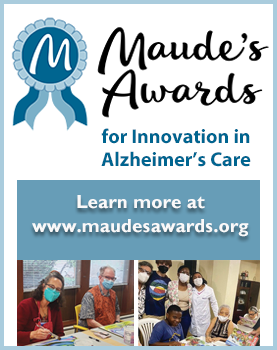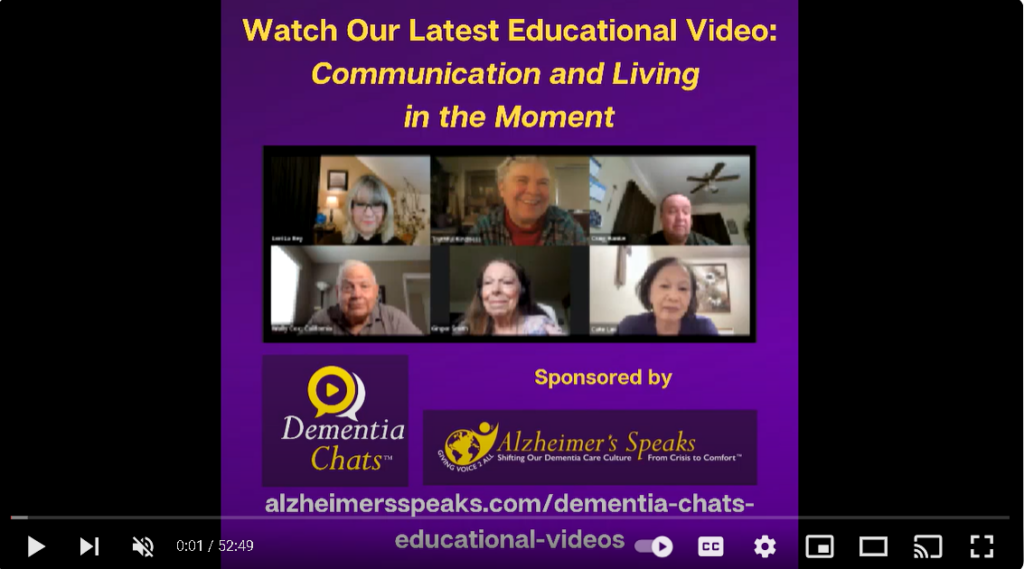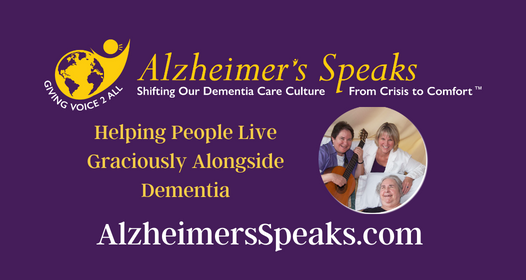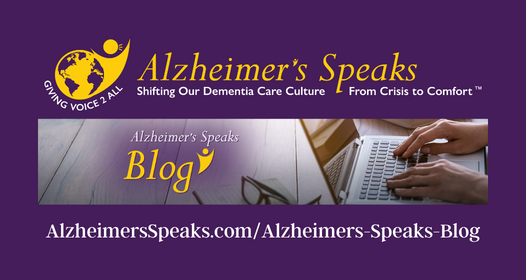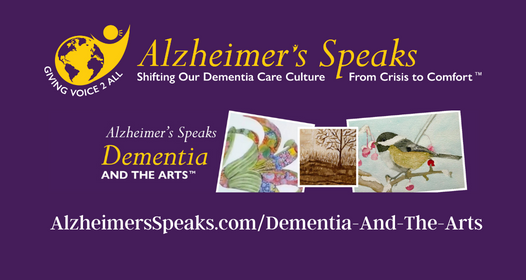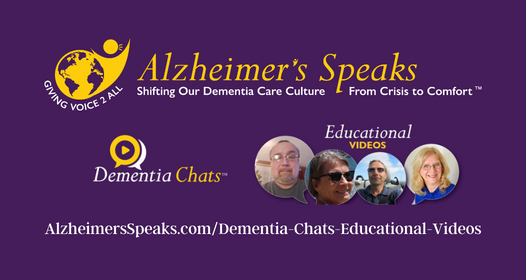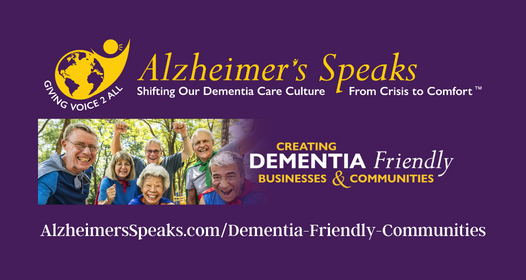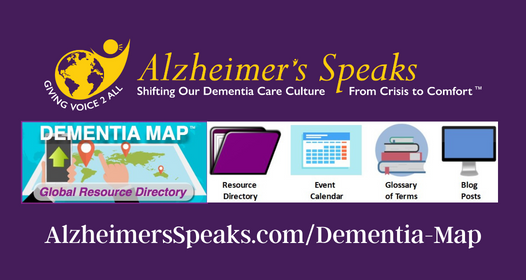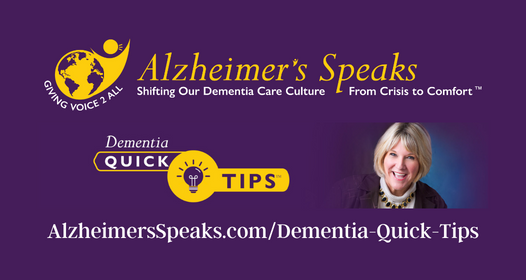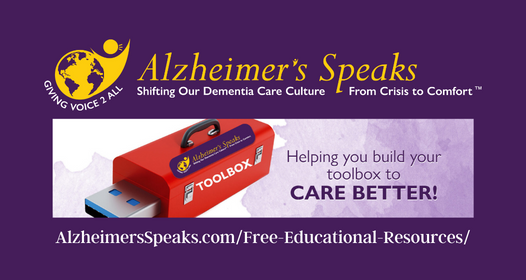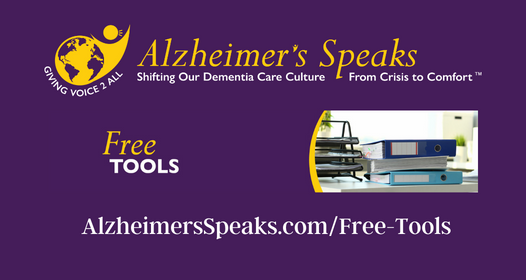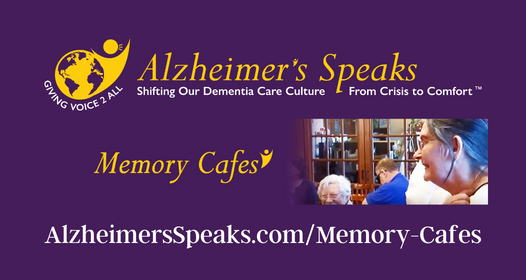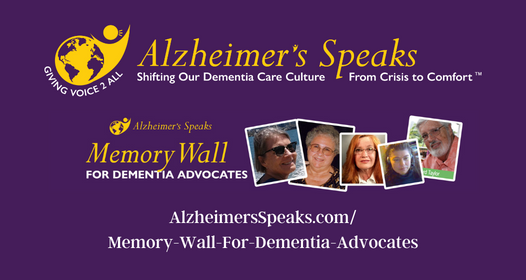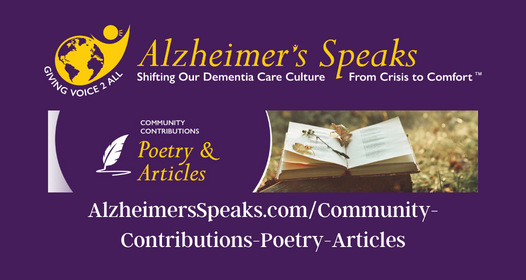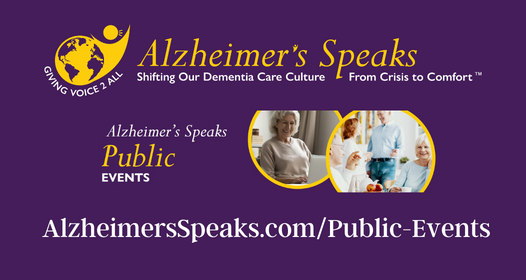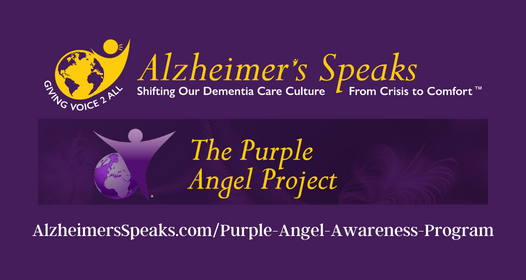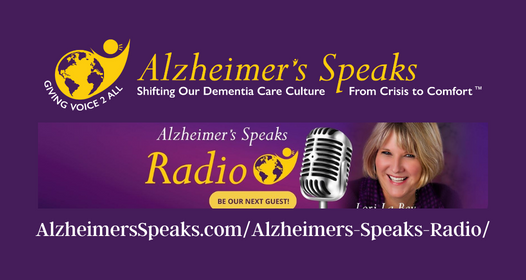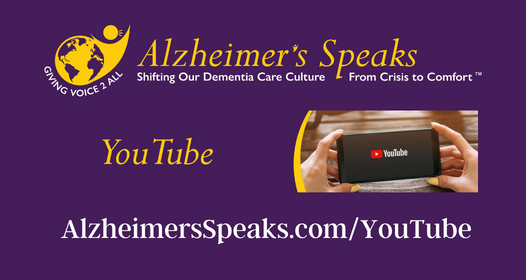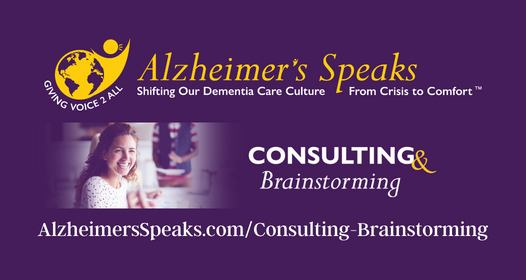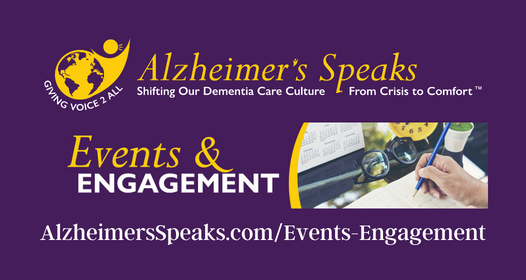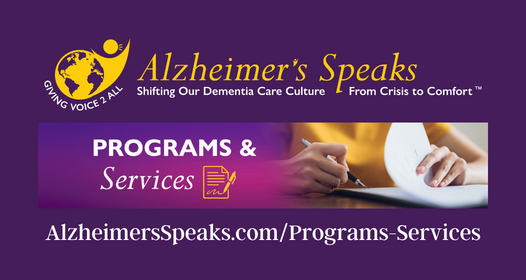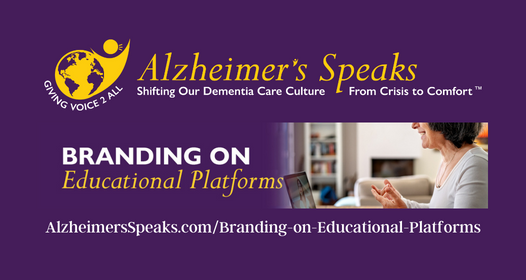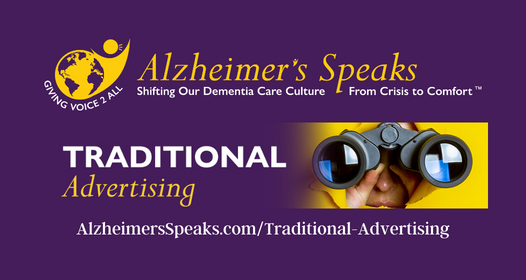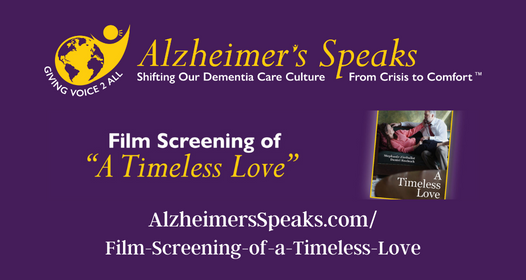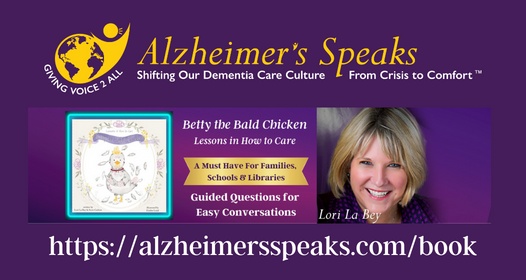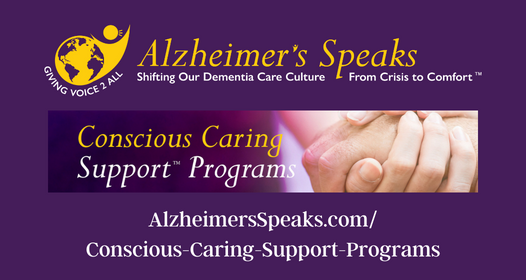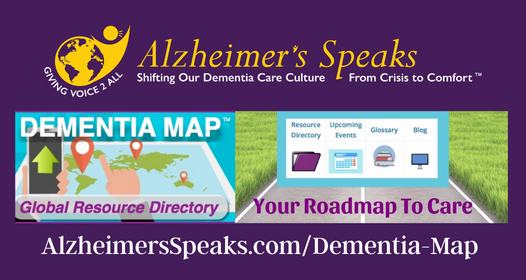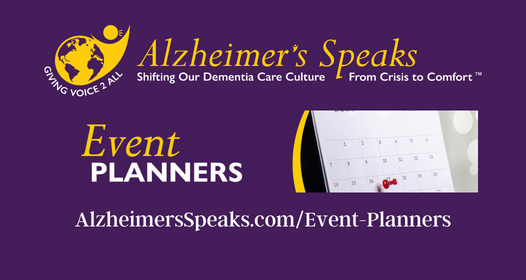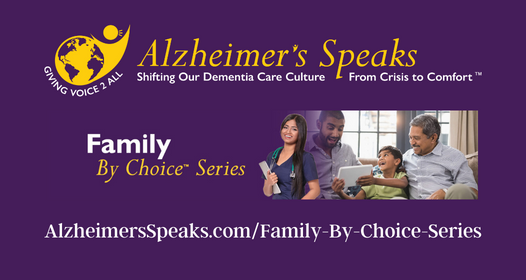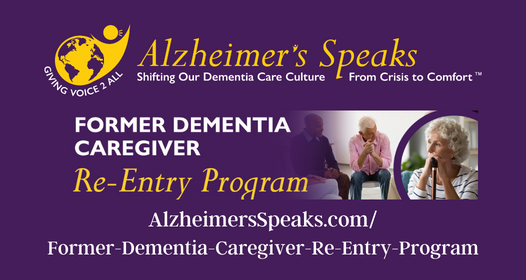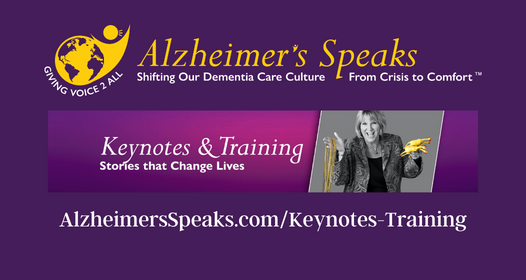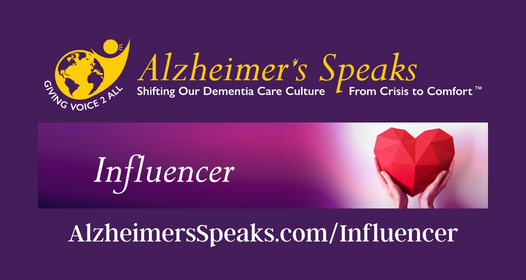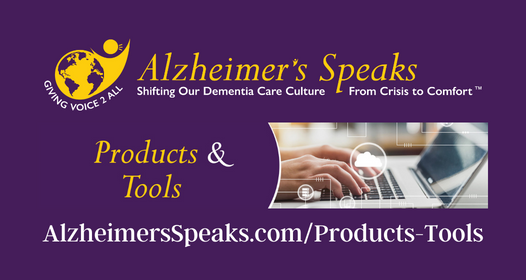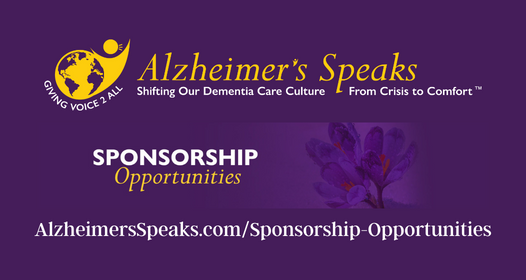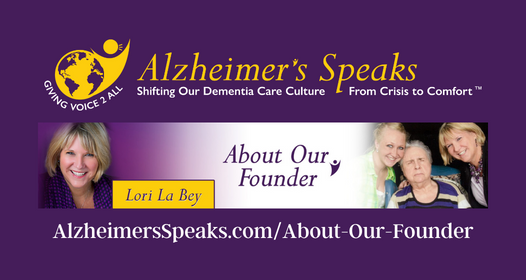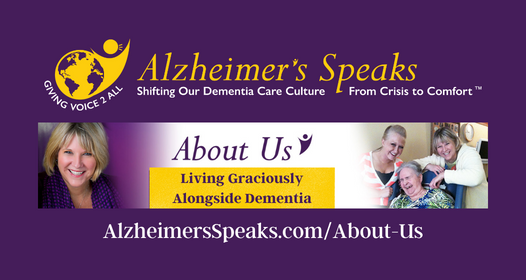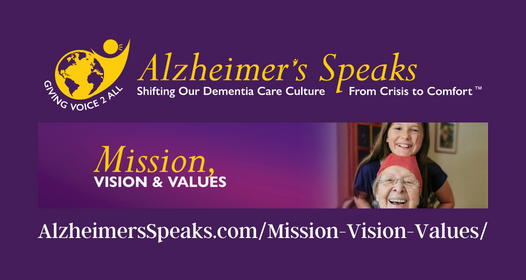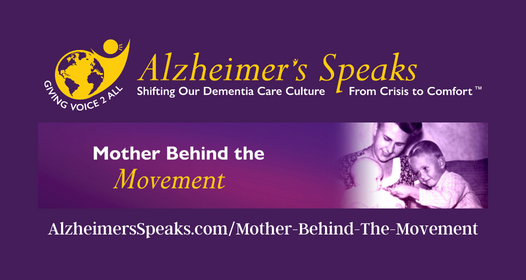Ageism and Dementia: Why People With Dementia Often Face ‘Double Stigma’
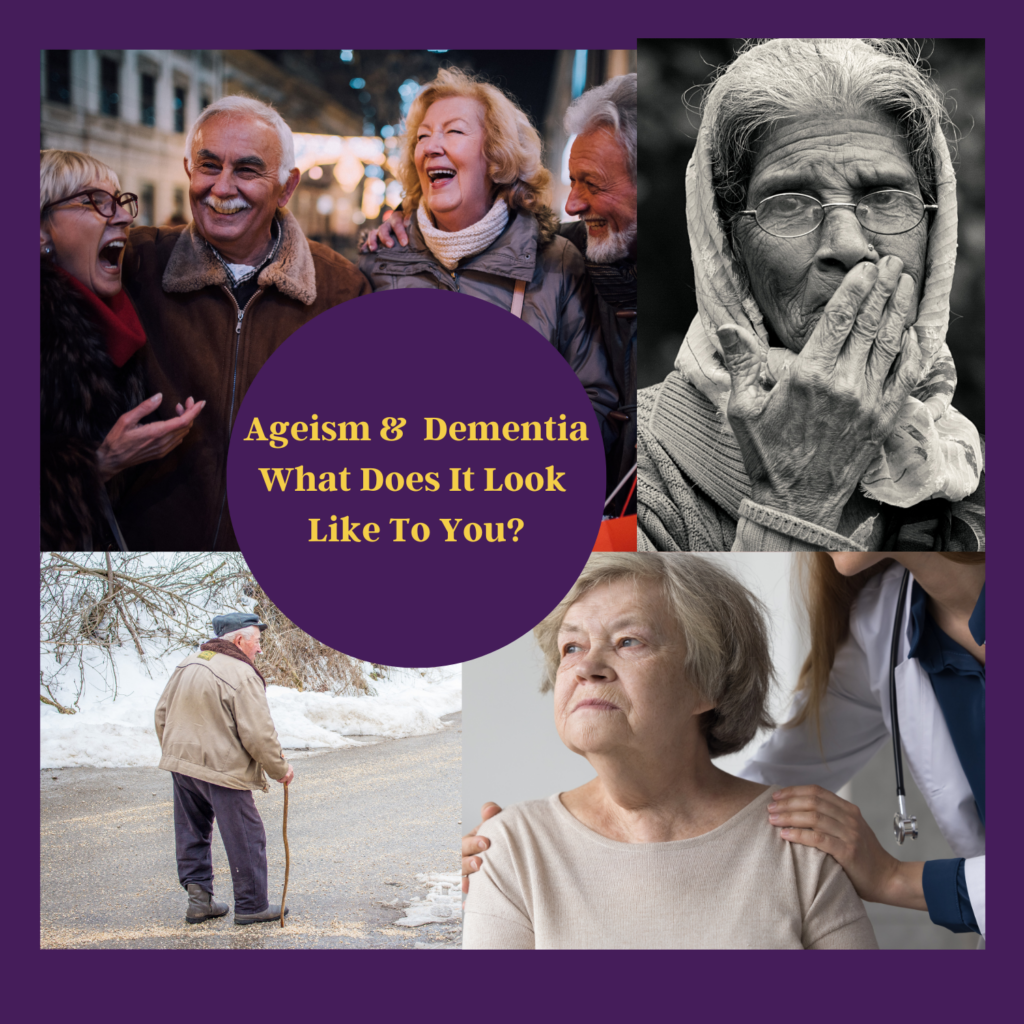
This Article Was Written By Beth Rush, Editor Of Body+Mind
Dementia, including Alzheimer’s disease, affects millions of people worldwide. As the condition progresses, it impacts memory, thinking, and behavior, making everyday tasks challenging. Living with dementia is often made more difficult by the double stigma that surrounds it.
You see when you have Alzheimer’s disease or another dementia, you’re likely to face two kinds of unfair judgment — One, some people may have misconceptions because of your senior years, and two, some others misunderstand or are ignorant about what it means to live with someone with dementia. This is the double stigma of old age and dementia.
The Connection Between Dementia and Ageism
Dementia is a general phrase for conditions that cause a decline in brain function. It diminishes cognitive abilities, including memory, and affects nearly 40% of people over 85.

Ageism is deeply embedded in society. It often manifests as negative stereotypes about older adults. For instance, referring to persons 65 years and older as “too old to learn” or “over the hill” reflects a cultural bias that devalues aging. This prejudice can reduce empathy and support, which worsens the distress and isolation experienced by those living with dementia disorder.
Ageism deeply affects those living with Alzheimer’s disease and other dementias. As people age, society often marginalizes them, seeing them as less capable or valuable.
People living with this cognitive-impacting disorder are often dismissed or underestimated, aggravated by stereotypes about old age. This dismissal can be subtle, such as speaking to them as if they’re children or assuming they can’t contribute to meaningful conversations or independently make decisions. Or may manifest in significant ways. For instance, in healthcare settings, a person with dementia might not receive the same quality of diagnostic attention as a younger patient because dementia gets blamed for everything.
The Impact of Ageism on People with Dementia
Caregivers, particularly those delivering at-home services, are required to provide tailored care that improves everyday life for the dementia patient. Because this condition is directly related to the brain, those who live with older adults must understand what it is, how to identify the signs, and where to seek help. Ignorance makes you susceptible to being prejudiced.

- Delayed diagnosis: Ageist attitudes can lead to symptoms of cognitive decline being dismissed as “normal aging,” hindering diagnosis and treatment.
- Reduced quality of care: When ageist beliefs influence healthcare providers and caregivers, they may provide less thorough treatment and support.
- Social seclusion: As parents age, so do their children. By the time they became senior citizens, adult kids had moved out of the house. This is why social isolation becomes more common as people grow older. The stigma associated with cognitive decline combined with the marginalization from aging can aggravate symptoms of dementia, which instigates medical conditions like anxiety, depression, obesity, compromised immunity, and even heart disease.
- Declined self-esteem: Isolation and internalized ageism erode the self-esteem of people with dementia, making them feel invisible or less valued by society and even by their loved ones.
- Loss of autonomy: Ageist assumptions about capability and state of mind can cause caregivers to assume that the older adult cannot make decisions regarding their care and living.
The effect of ageism on older adults living with cognitive decline disorders is far-reaching. It hinders access to care, greatly diminishing quality of life and limiting opportunities for meaningful engagement with the world.
Overcoming Double Stigma

Do you know that every three seconds, somebody is being diagnosed with dementia? Addressing and overcoming double stigma requires proactive steps and collaboration from individuals, care partners, and society as a whole.
Education and Awareness
Education plays a vital role in changing negative, discriminative mindsets. Raising awareness about dementias and challenging ageist mindsets can shift societal attitudes, promoting a more inclusive living and work environment.
Advocacy

Advocacy is another viable approach to fighting double stigma. Governments and relevant bodies should develop policies that protect the rights of older persons to medical care. They should also allocate adequate funding for dementia and Alzheimer’s research and support services.
Community Engagement
Support organizations and community groups can implement initiatives and programs that aim to dispel myths and provide accurate information about dementia. This cultivates public understanding, which minimizes the discrimination attached to the condition.

Support organizations and community groups can implement initiatives and programs that aim to dispel myths and provide accurate information about dementia. This cultivates public understanding, which minimizes the discrimination attached to the condition.
People living with age-related cognitive disorders and their care partners should have safe spaces where they can share their experiences without being judged. Access to strong support systems inspires a sense of community.
Encouraging open dialogue and social engagement helps the community recognize the continued value of older dementia patients and younger people not diagnosed with dementia. For instance, socialization can be encouraged through participation in online events organized by professionals. These interventions effectively fight against stigma, enhancing the quality of life of those with cognitive issues.
Improvements in Health Care Delivery

Professionals working in hospitals or senior care centers must be trained to recognize signs of ageism. This enables them to implement dementia-friendly practices in healthcare settings to deliver personalized services, facilitating timely diagnosis and intervention.
Break the Chains of Ageism and Dementia

To overcome the double stigma faced by people with dementia, focus on their strengths and contributions rather than the shortcomings induced by the condition. Instead of perpetuating negative perceptions about aging, celebrate the wisdom, experience, and resilience that come with growing old. The aim is to create a world where everyone is valued, regardless of age or cognitive ability.
Beth Rush Wrote This Article
Beth Rush is the mindfulness editor at Body+Mind. She writes about caring for loved ones with Alzheimer’s disease. She also shares tips for coping with c-PTSD, PCOS, and climate anxiety. Her goal is to encourage readers to live their best lives. Subscribe to the Body+Mind Newsletter for more posts by Beth.

Alzheimer’s Speaks – Shifting dementia care from crisis to comfort around the world one episode at a time by raising all voices and delivering sound news, not just sound bites since 2011.
Contact Lori La Bey or set up a time to chat with her. Get your questions answered or discuss your branding needs.
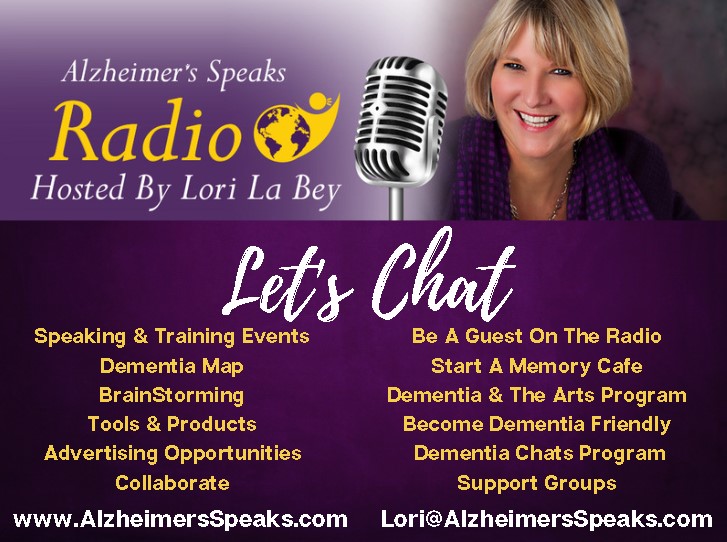
Listen & Subscribe to Alzheimer’s Speaks on Your Favorite Podcast

Learn About The Programs Alzheimer’s Speaks Offers
Conscious Caregiving with L & L is a monthly program that covers tough conversations to raise awareness, give tips, and resources.. Watch the video interview.
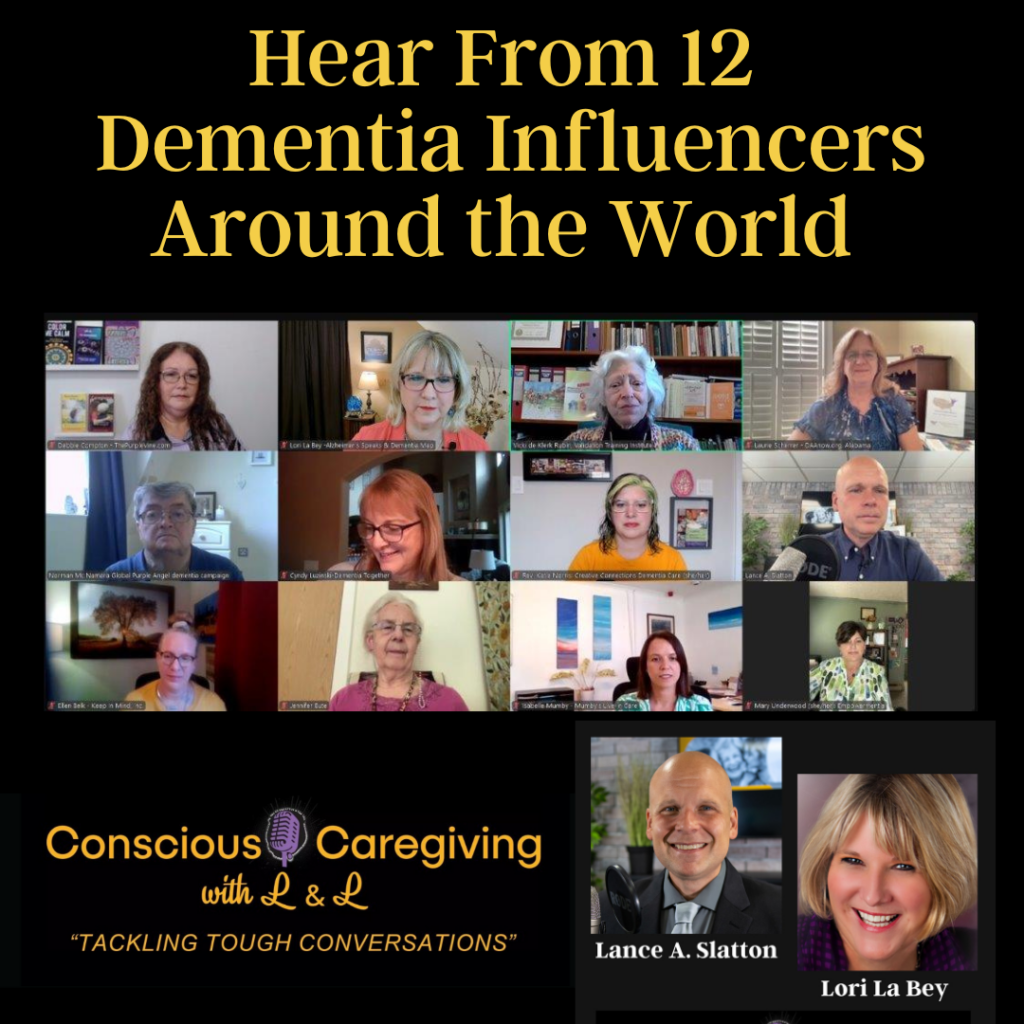
Dementia Map Global Resource Directory https://www.dementiamap.com
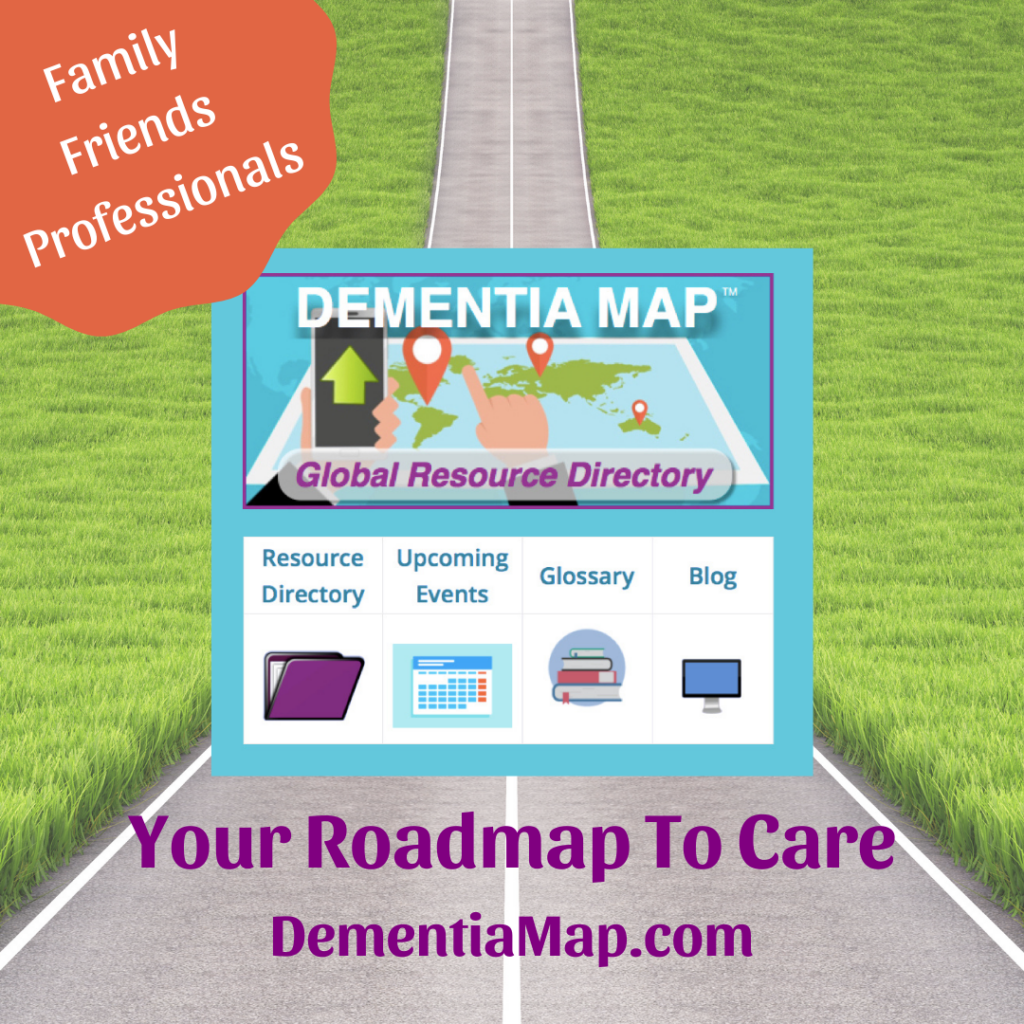
Busting Stigmas By Highlighting Possibilities
Check Out Alzheimer’s Speaks FREE Educational Resources
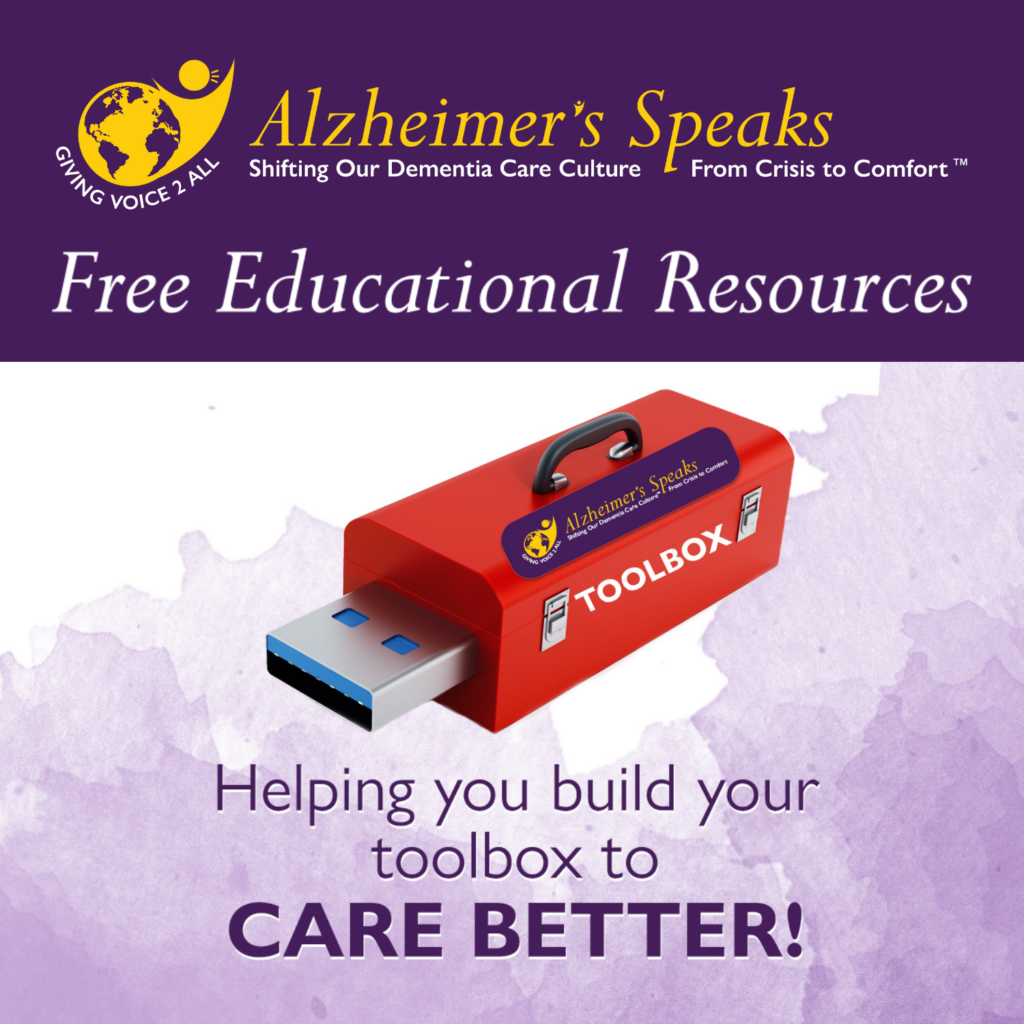
Are You Dealing With Sundowning? Check Out Twiddle. They design products that can prevent and reduce anxiety to help restore situations to a peaceful state.

Learn More About Dementia Chats

Maude’s Awards gives three annual $25,000 awards to organizations and up to five $5,000 awards to individuals. Applications have closed for 2024, but we will let you know when the winners are announced.
